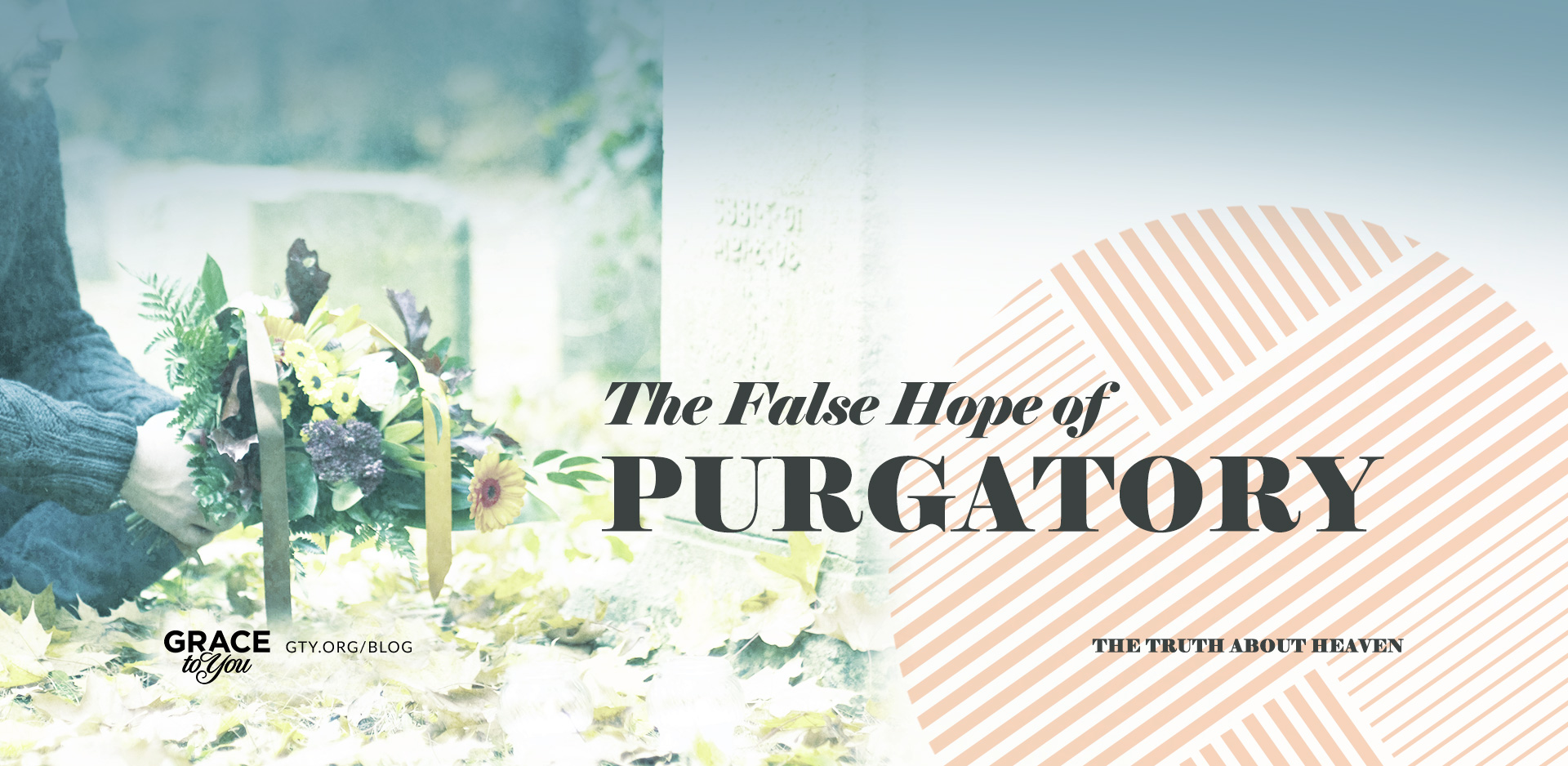Yeah, really. According to God:
Eph. 4:32 And be ye kind one to another, tenderhearted, forgiving one another, even as God for Christ's sake hath forgiven you.
You are forgiven for Christ's sake.
Christ was sent here for our sake:
2 Cor. 5:21 For our sake he made him to be sin who knew no sin, so that in him we might become the righteousness of God.
The righteousness of whom again? Yourself? Because you worked so so hard? When God looks at one who has accepted the gift of the cross, He sees the righteousness of Christ. That is what you look like to Him. Either that, or He is a liar.
And before Christ, He did it for His own sake. Again, you're never mentioned.
Isaiah 48:11 For my own sake, for my own sake, I do this. How can I let myself be defamed?
My doctrine is the Bible. Yours is Catholicism. I post God's word, you post 909 words and Pope words. We'll never see eye to eye.
So, leave your condescending bullshit remarks at the door please and address the post, not the poster. After all you're the one constantly whining to the mods about people being mean to you.
Grow up.
Eph. 4:32 And be ye kind one to another, tenderhearted, forgiving one another, even as God for Christ's sake hath forgiven you.
You are forgiven for Christ's sake.
Christ was sent here for our sake:
2 Cor. 5:21 For our sake he made him to be sin who knew no sin, so that in him we might become the righteousness of God.
The righteousness of whom again? Yourself? Because you worked so so hard? When God looks at one who has accepted the gift of the cross, He sees the righteousness of Christ. That is what you look like to Him. Either that, or He is a liar.
And before Christ, He did it for His own sake. Again, you're never mentioned.
Isaiah 48:11 For my own sake, for my own sake, I do this. How can I let myself be defamed?
My doctrine is the Bible. Yours is Catholicism. I post God's word, you post 909 words and Pope words. We'll never see eye to eye.
So, leave your condescending bullshit remarks at the door please and address the post, not the poster. After all you're the one constantly whining to the mods about people being mean to you.

Grow up.
Last edited:

